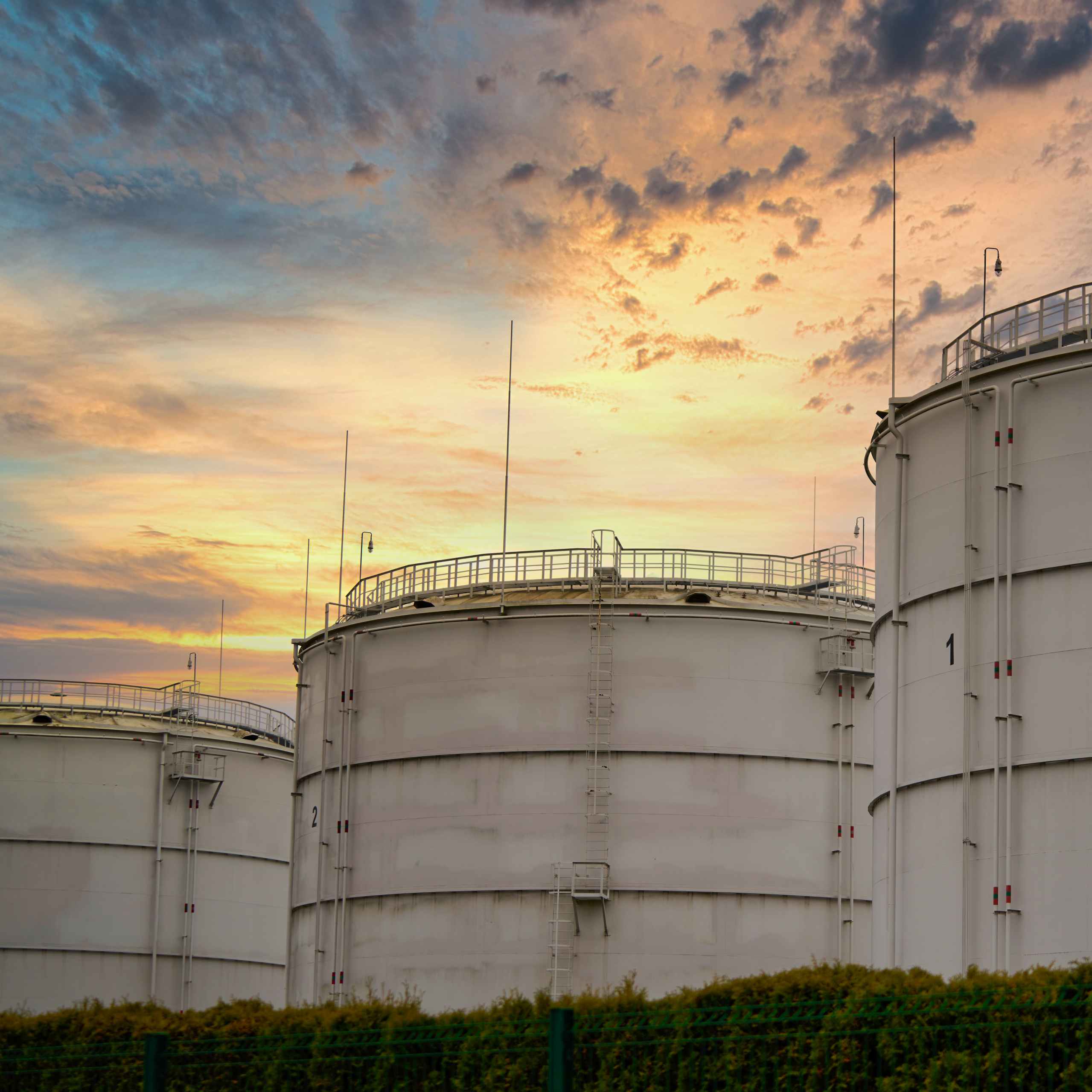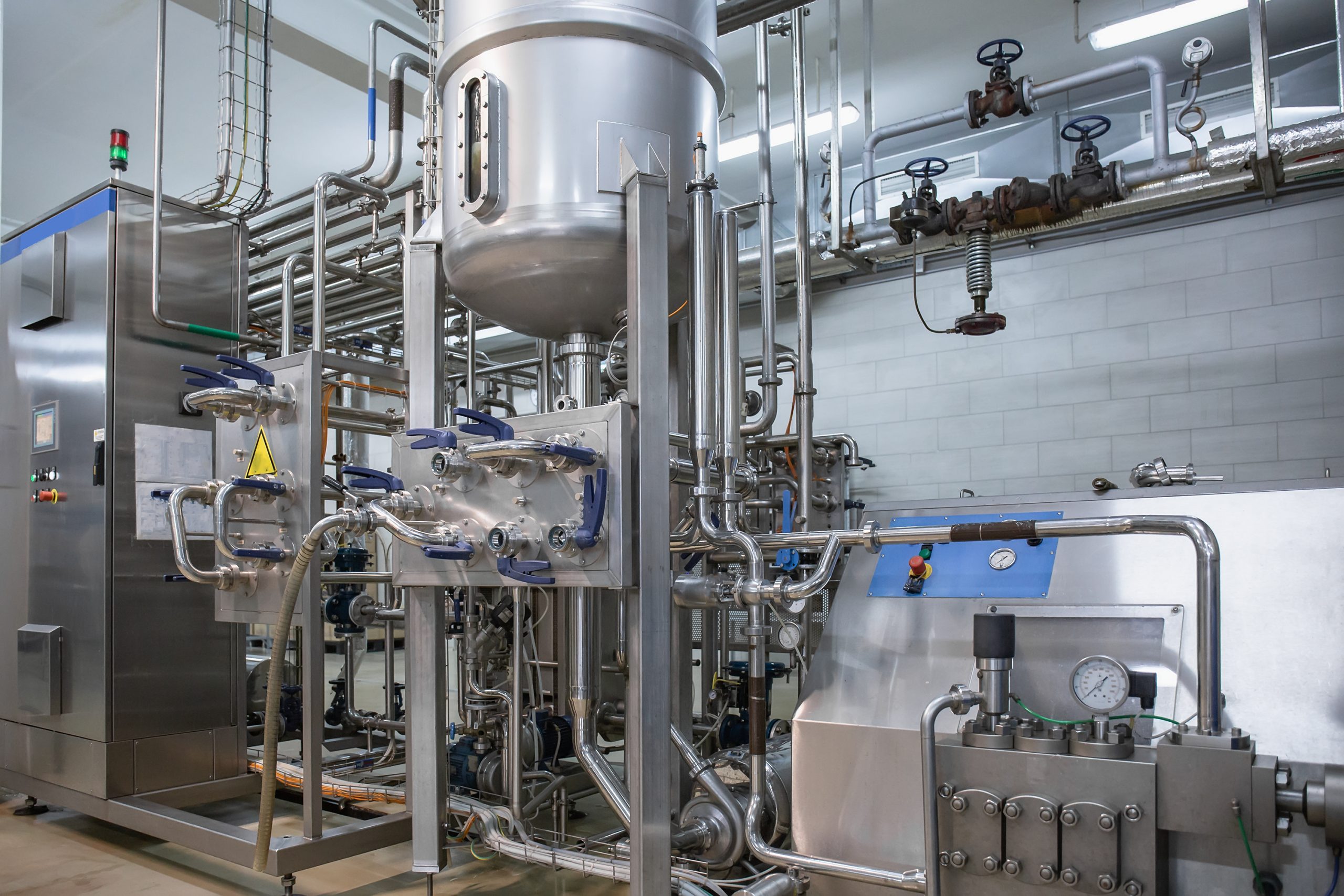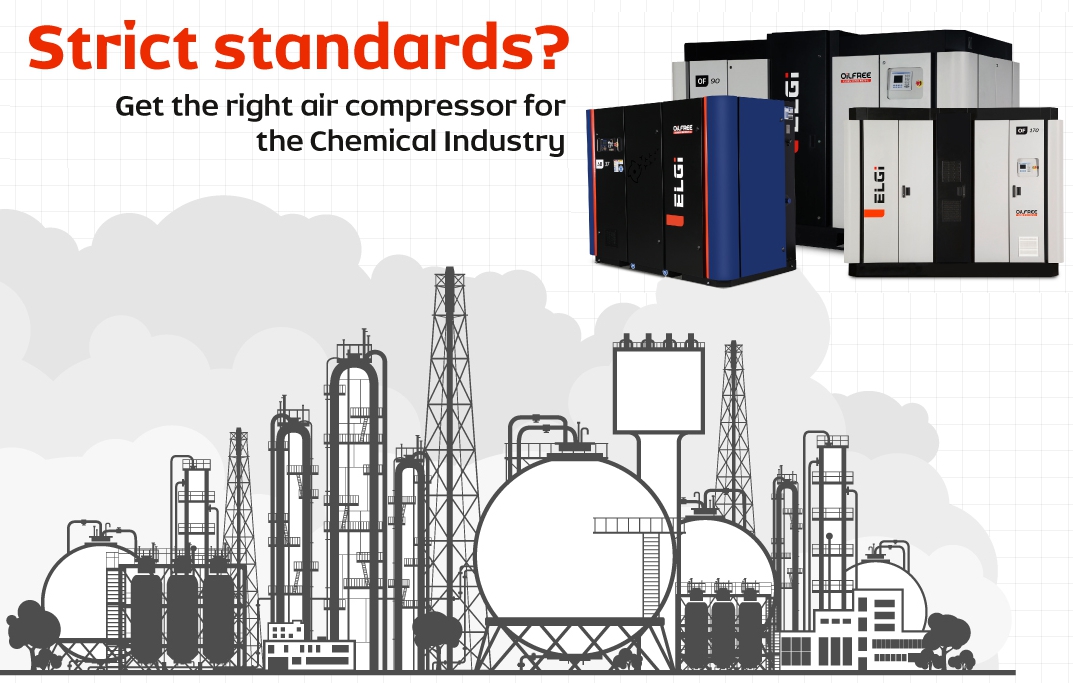The South African chemicals industry plays a critical role in the South African economy. It is interwoven with the South African manufacturing sector – contributing significantly to South Africa’s manufacturing production; it also produces key outputs used across the economy, accounting for about 25% of the nation’s manufacturing sales and is the most developed of its kind in Africa, according to the Chemical and Allied Industries Association.
Over 50% of the chemicals produced are liquid fuels and plastic products. Approximately 30% is devoted to the production of pharmaceuticals, inorganic chemicals, primary polymers and rubbers, and organic chemicals. The
remaining 21% is split in roughly equal proportions among speciality chemicals, bulk chemicals, rubber
products, and consumer chemicals, with a small portion of fine chemicals.
It is imperative to equip these processes with essential infrastructures and amenities. One of these elements is clean compressed air.
Why is clean compressed air so important in the chemical industry?

Both chemical production processes and petrochemical applications must meet very strict safety standards. Product purity and strict quality control must be maintained to ensure that manufacturers provide customers with the highest quality chemicals. Toxic, explosive, corrosive, and changeable substances are used in the chemical production process. Therefore, compressed air must be dry and free from contaminants like dust/oil residues to avoid reacting with these substances.
In most applications, compressed air may be exposed to the product. The presence of contaminants such as oil in compressed air sources can cause costly product spoilage and production losses. Contaminants such as oil and dust particles in the compressed air supply can spoil the product and ultimately lead to a loss of valuable production. Therefore, the selection of the right product plays a vital role.
Typical applications of compressed air in the chemical industry:

- Process air – Air used in direct contact with the product to clean, move the product and inflate the product.
- Control valves and cylinders – Valves of the pneumatic equipment used in the production process are controlled by compressed air.
- Material handling – Air-controlled pneumatic pumping system is used in volatile environments to lower the risk of explosion.
- Nitrogen production unit – Compressed air is utilised for nitrogen generation which is a critical gas in the chemical industry.
- Air curtains – Air curtains are used to isolate certain areas. Compressed air is passed through the curtain system to create a safe and clean area.
- Product drying – Compressed air is mixed into the product to speed up the drying process, wherever applicable.
- Fermentation and Aeration – Compressed air supplies oxygen to bacteria during fermentation and for oxidation.
ELGi Air Compressors for Chemical Industry:
ELGi air compressors are equipped with superior quality safety features and deliver industry-standard compliant standards of compressed air. They come with one of the best warranty programs in the world and have a low maintenance cost. The consistent air quality and energy efficiency makes them an ideal choice for the chemical industry applications.
ELGi offers compressed air solutions for clean, dry, and oil-free compressed air as per your customized requirement. Speak to our compressed air experts for your industry application solutions.
Key Contributor: ELGi




